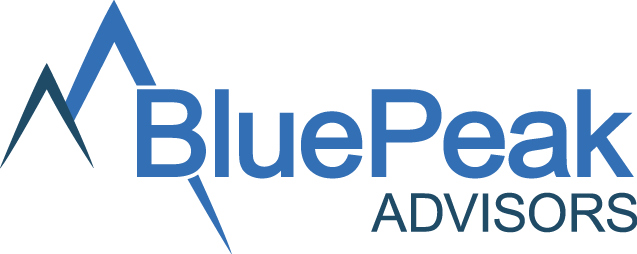On March 31, 2021, President Biden, as part of the White House American Jobs Plan, proposed to increase federal support for home and community-based care by $400 billion over eight years through the federal Medicaid program. The $50 billion annual increase would represent an approximate 70% increase from the 2018 Medicaid Home and Community-Based Services (HCBS) budget.
Medicaid is the largest payer for long-term support services such as home care. Home and Community-Based Services help people who need assistance to live at home as opposed to nursing homes or group homes. Medicaid supports two types of long-term care: home and community-based services and those provided in institutions such as nursing homes. But only institutional care is mandated by the federal government. HCBS services though are optional for states, which has led to a system with various eligibility requirements, plans and financing for each state.
HCBS services can include such things as home visits from nurses or occupational therapists; assistance with personal care including eating or bathing; transportation; case management; help with cooking, help with home cleaning and other chores; and home repairs and modifications. HCBS services can also help pay for wheelchairs, oxygen tanks or other DME equipment.
Biden’s proposal does not specify how the $400 billion in additional funding would be spent, but the goals of the increase to the HCBS budget are to provide:
- Higher reimbursement rates and training for in-home workers
- HCBS workers medical benefits and the right to unionize
- Reduction to the 820,000-person waiting list for waiver services, which currently has an average wait of 39 months.
- Expansion of the Money Follows the Person (MFP) program, which allows certain Medicaid users to transition from a nursing home back into a home environment by receiving care at home or from a loved one.
Limitations to the proposed HCBS increased in-home care for the elderly may be limited by states’ ability to opt out, based on early proposals from Congress.
It is important to note that this is an announcement of policy, but will not become law unless it is passed by Congress. The American Jobs Plan is the first part of a two-part policy release. The second policy release, the American Families Plan, is expected to be released soon.
